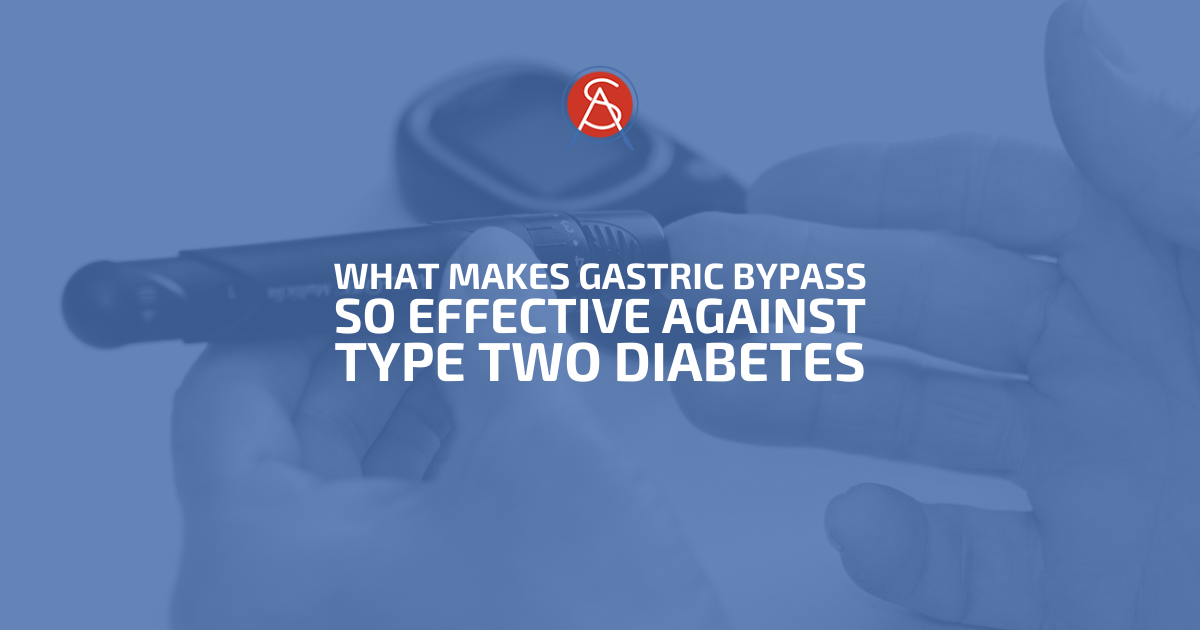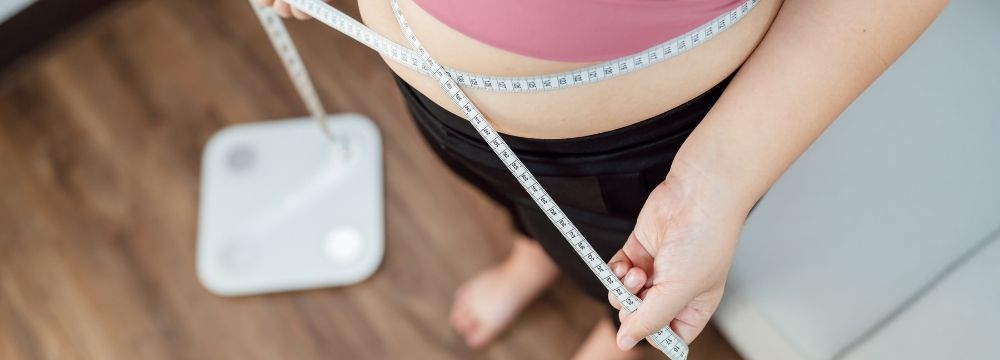One of the great advantages but also mysteries of the gastric bypass over the past several decades has been its effectiveness in fighting type-2 or adult-onset diabetes. We know that obesity and excess weight in general increases the risk of diabetes. Logically, therefore, we believed that significant excess weight loss offered by the gastric bypass would resolve it quickly. But there was a nagging question.

We noticed that the improvement or resolution of type two diabetes happened within days or just a couple weeks of the procedure. This was puzzling because patients would not yet have lost a significant amount of weight. We also saw that restrictive procedures did not have the same virtually immediate reaction time.
So, what is the mechanism that makes the gastric bypass so effective, that it could improve diabetes before the patient lost a significant amount of weight?
The truth is that we still don’t know the exact reason, but we have some very good theories. These theories came about as we learn more about weight loss surgery and its effect on the metabolism. You see, weight loss surgery is a bit of a misnomer. We do not perform these surgeries with the primary intent of having the patient lose weight. Rather, the purpose of these surgeries is to improve or resolve the many diseases associated with morbid obesity. Weight loss is simply an excellent side effect.
What the Research Says
- The weight loss does make a difference. Research has shown that as we lose weight, we regain some insulin sensitivity. This, however, is the case for both restrictive (gastric sleeve and gastric band) and combination restrictive-malabsorptive procedures and is not unique to the bypass. Nor does it explain the rapidity of the improvement.
- Somewhat more specific to the gastric bypass is the theory of reduced lipotoxicity. Research has shown that insulin sensitivity increased after the gastric bypass more rapidly than weight loss alone. A reaction to an intestinal surgery somehow reduces the toxicity of the fat cells in our bodies.
- Research also shows that gut hormones are altered after a gastric bypass and duodenal switch. Something about the nutrients reaching the lower intestine more quickly results in faster reversal of hyperglycemia.
As a side note, the gastric bypass is also exceptionally effective for patient suffering from gastroesophageal reflux disease or GERD.
Does That Mean the Gastric Bypass Patients No Longer Have to Worry About Diabetes?
The short answer is no. Diabetes is a chronic disease and gastric bypass simply puts diabetes into remission, much like chemotherapy may put cancer into remission. There’s always the chance that the disease can return. Gastric bypass patients should be mindful of their lifestyle and maintain the dietary and exercise changes that allow them to be successful in the first place.
When choosing a bariatric procedure, you will discuss these important considerations with your weight loss surgeon. No two patients are the same and we will, together, decide the best procedure to address your unique concerns and health problems. Please watch our online seminar or contact us for a consultation.




